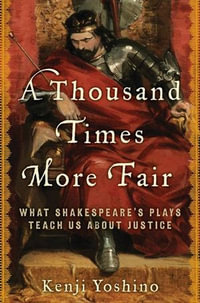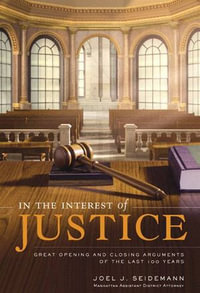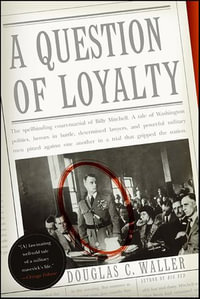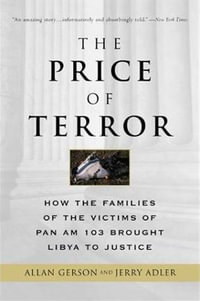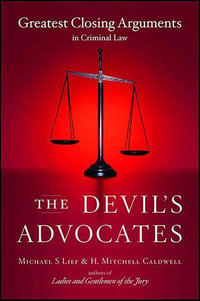It was only a forty-minute foreign film, but it sparked a legal confrontation that has left its mark on America for more than half a century. Roberto Rossellini's Il Miracolo (The Miracle) is deceptively simple: a demented peasant woman is seduced by a stranger she believes to be Saint Joseph, is socially ostracized for becoming pregnant out of wedlock, but is finally redeemed through motherhood.
Although initially approved by state censors for screening in New York, the film was attacked as sacrilegious by the Catholic establishment, which convinced state officials to revoke distributor Joseph Burstyn's license. In response, Burstyn fought back through the courts and won.
Laura Wittern-Keller and Raymond Haberski show how the Supreme Court's unanimous 1952 ruling in Burstyn's favor sparked a chain of litigation that eventually brought filmmaking under the protective umbrella of the First Amendment, overturning its long-outdated decision in Mutual v. Ohio (1915). Their story features a more formidable cast than did the film itself, with the charismatic Francis Cardinal Spellman decrying the film as a Communist plot, while outspoken film critic Bosley Crowther vigorously advocated "freedom of the screen." Meanwhile, movie producers stood by silently for fear of alienating the Church and its large movie-going membership, leaving Burstyn to muster his own defense.
More than the inside story of one case, this book explores the unique place that the movies occupy in American culture and the way that culture continues to be shaped by anxiety over the social power of movies. The Burstyn decision weakened the ability of state censorship boards and the Catholic Church to influence the types of films Americans were allowed to see. Consequently, the case signaled the rise of a new era in which films would be more mature and more controversial than ever before.
Focusing on this single most important case in the jurisprudence surrounding motion picture expression, Wittern-Keller and Haberski add a significant new dimension to the story of cinema, censorship, and the history of First Amendment protections.


